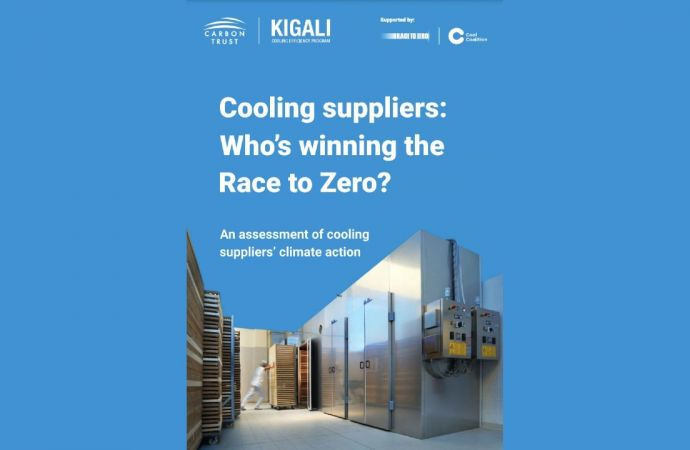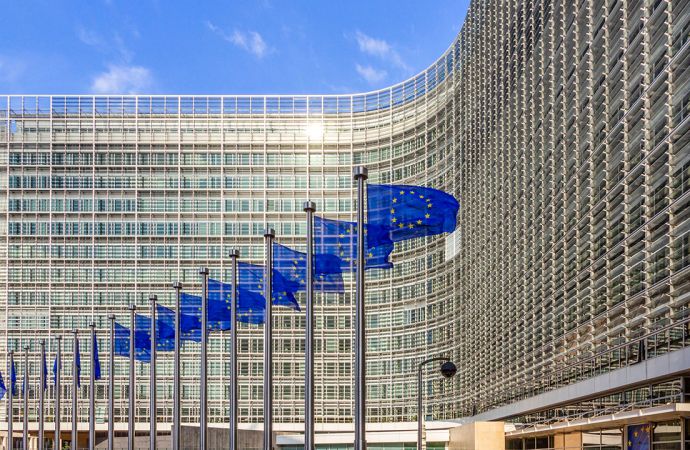The European Vending Association Expand Project is developing a low cost expansion device to improve efficiencies of chilled vending equipment using CO2 or hydrocarbons.

The Expand Project came to be as a result of funding awarded under the European Commission 7th Framework Programme for research and technical development and aims to develop a low cost capacity expansion device for hydrocarbons and CO2 refrigerants in conjunction with a control system that will increase efficiency of cooling systems in chilled vending machines and commercial refrigeration systems.
The new EU F-Gas Regulation revision prohibits the use of R404a and R134a from 2020 and 2022, respectively, which is driving the vending industry to transition to alternative refrigerant gases, particularly CO2 and hydrocarbons.
Systems using these natural refrigerants are already commercially available, though they are considered to be more complex and expensive. The Expand Project’s overall objective is to provide a solution for the industry to make the shift to natural refrigerants. While the expansion device is currently in development stage, it is scheduled to be commercially available in 2017.
By primarily replacing the capillary in the cooling system using the Expand Project’s device, tests and initial findings indicate that suitable appliances can show a significant efficiency gain – a potential of 12 to 20% energy consumption savings.
I am pleased to report that the Expand Project is progressing well and commercialisation of a developed device is on target for 2017. From 3-6 May, Expand was presented for the first time to the wider industry at the Venditalia trade show, and judging from the attention and interest shown, it is clear that there is a demand from European chilled vending manufacturers for such a promising device that would help them stay competitive and make the required transition to natural refrigerant gases,” explained David Irvine, Public Affairs and Communication Manager at the EVA.
Market for natural refrigerant vending machines
Although the market for natural refrigerant vending machines is in its infancy in Europe, in Japan these are already being sold, used by most major beverage companies. It is estimated that there are over 350,000 CO2 and hydrocarbon (HC) vending machines in Japan, including 85,000 CO2 peak shift units. This transition began in 2005, and sales of CO2 vending machines are increasing every year. Outside Japan, the Coca-Cola Company has been driving the market for CO2 light commercial refrigeration equipment.
About the European Vending Association
Established in Brussels in 1994, the European Vending Association (EVA) is a nonprofit organisation comprised of 20 national associations that represent the interests of the European coffee service and vending industry, vis-à-vis the European Institutions and other relevant authorities and bodies.
The EVA’s role in the Expand Project is to manage, administrate and oversee the development of the valve as well as to insure the widest dissemination of the device to the industry. EVA Members are already able to keep up to date on the project progress and key information, and are expected to benefit from privileged device access from 2017.
MORE INFORMATION
Related stories



